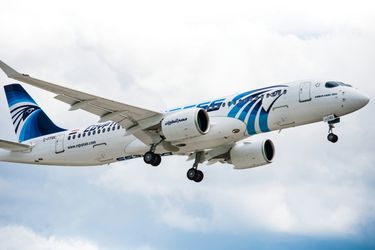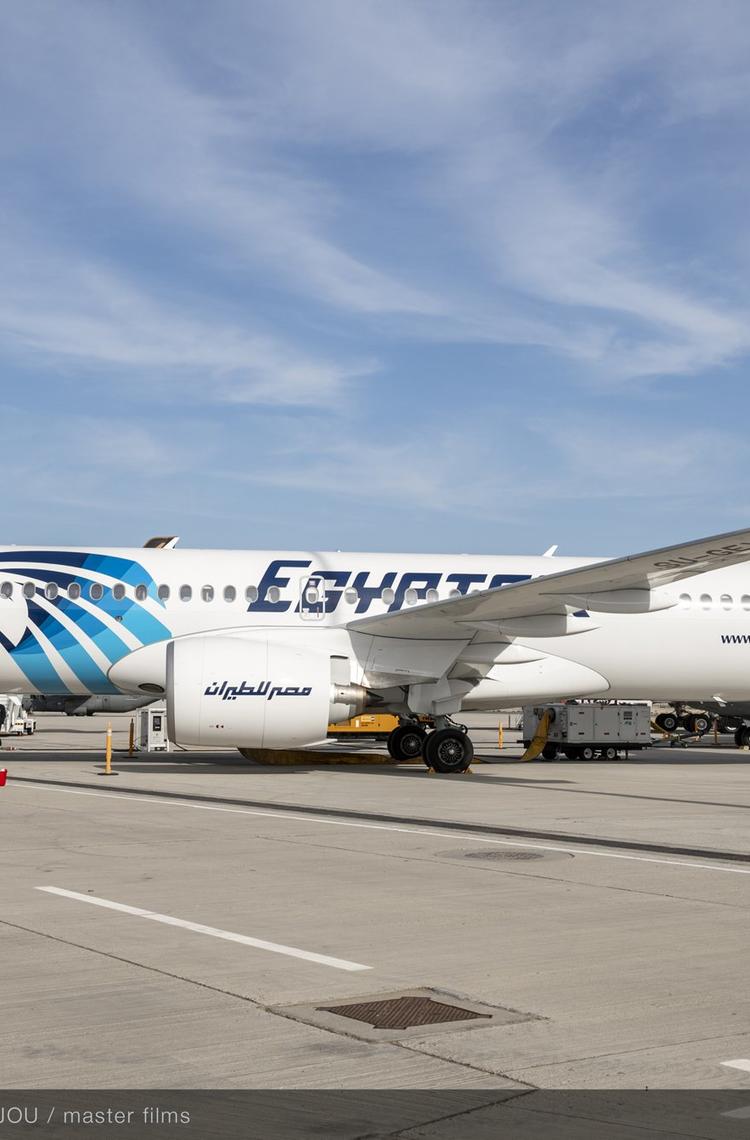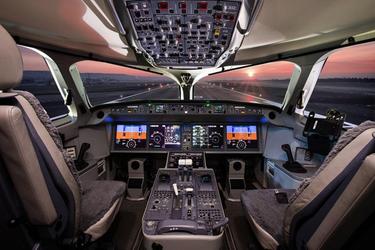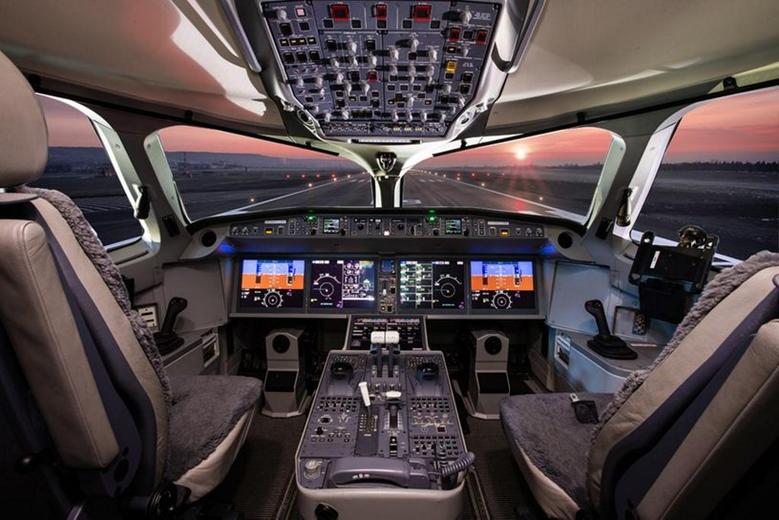Airbus’ newest single-aisle family member – the A220 – is well matched to the evolving air transport needs of both the Middle East and Africa, where this purpose-built 100-160-seat jetliner and its clean-sheet design offers superior range, performance, economics and comfort for the region’s airlines.
The presence of an EGYPTAIR A220 at the 2019 Dubai Airshow highlights the aircraft’s capabilities, with the Egyptian flag carrier currently operating the first four of its 12 ordered A220-300s to destinations within Africa, and increasingly covering a broad range of routes into the Middle East.
Another A220 operator is Air Tanzania, which began A220-300 service within the West African country on such sectors as Dar es Salaam to Kilimanjaro, and subsequently initiated ETOPS (extended twin-engine operations) from Dar es Salaam to Mumbai in India. The airline initially ordered two aircraft, and booked two additional A220-300s last month.
“We foresee a huge potential in the Middle East and Africa for service on everything from regional to long-range missions,” explained Raymond Manougian, Single-Aisle Family Product Marketing Director at the Airbus Canada Limited Partnership. “The A220 is perfect for carriers that want to comfortably step up from turboprop regional airliners while reducing risk, as well as for operators that can’t profitably fill larger single-aisle aircraft on certain routes.”
Linking primary and secondary markets
To date, a total of 530 A220s have been ordered by customers worldwide in its two versions: the A220-100, accommodating 100-130 passengers in a typical two-class seating arrangement; and the longer-fuselage A220-300, with a two-class capacity of 130-160 passengers.
Manougian said the A220’s range enables the linking of primary and secondary markets, as demonstrated today by Latvian flag carrier Air Baltic (the A220-300 launch customer, with 50 A220-300s on order), which is flying from the capital city of Riga to Abu Dhabi in the United Arab Emirates.
The A220’s non-stop reach will be further increased by up to 450 nautical miles beginning in the second half of 2020, with the respective maximum range capabilities extended to 3,350 nautical miles for the A220-300, and to 3,400 nautical miles for A220-100. In addition to new-built aircraft, this range extension – achieved through an increase in maximum take-off weight (MTOW) by taking credit of existing structural and systems margins, as well as existing fuel volume capacity – also will be available as a retrofit on earlier production aircraft.
We foresee a huge potential in the Middle East and Africa for service on everything from regional to long-range missions
-Raymond Manougian, Single-Aisle Family Product Marketing Director, Airbus Canada Limited Partnership
Delivering first-rate cabin comfort
Another important competitive advantage is the A220’s innovative cabin design for superior passenger comfort, providing the largest interior and highest ceiling in its class, wide economy seats (18-inch, with middle seats sized at 19 inches), and the largest overhead stowage with widebody-type pivoting bins.
According to Manougian, the wide cabin configuration – plus the A220’s cargo capability – are particularly important for the Middle East and African markets because passengers regularly bring multiple carry-on items aboard (including bags, gifts and duty-free purchases); and airlines typically allow two checked bags for economy passengers without extra charge. The aircraft’s wide aisle facilitates boarding and disembarking, thereby speeding up ground turnaround times.
Airline operators in the Middle East and Africa will benefit from the full support of Airbus’ well-established presence in these markets, including field service representatives, spares and technical guidance, Manougian added.
According to Airbus’ Global Market Forecast, a total of 1,630 new passenger aircraft deliveries are estimated for the Middle East in the “small” category (covering A220- and A320-type jetliners) from 2019 to 2038, with 960 deliveries in this category for Africa during the same time period.



